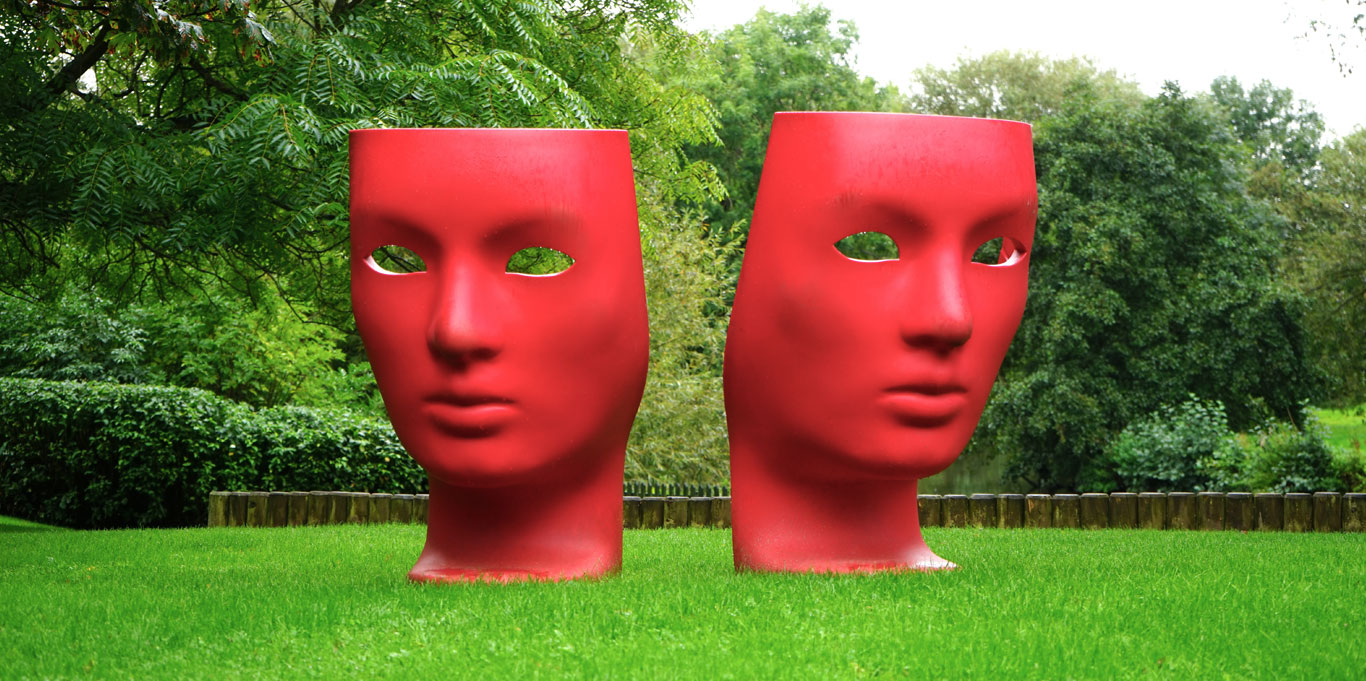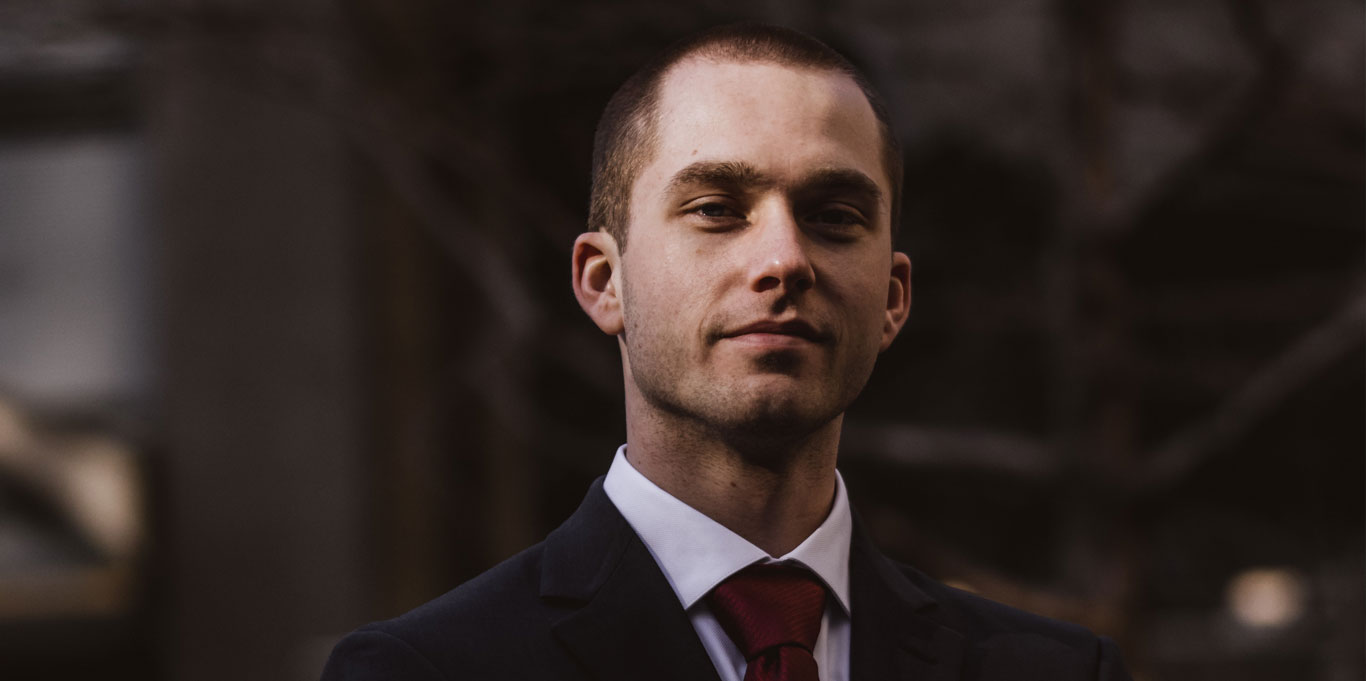Creators of copyright have a special right known as “moral rights”, in addition to the rights covered earlier in this topic. Moral rights ensure that:
- a creator is credited for their work at all times even if it is sold or assigned;
- a creator may take action if their work is falsely attributed (i.e. credited to someone else, or their name is credited incorrectly); and
- a work is not treated in a manner that is prejudicial to a creator’s honour or reputation.
Moral rights can only be owned by individuals (not corporations). A creator will hold their moral rights for the entire duration of copyright; moral rights cannot be transferred to anyone else.

Example Sally's sculpture
Sally creates a statue and sells it to be placed at the entrance of a building.

Sally, the artist, has the right to be known as the creator of the statue even if it is sold.

Jim, the owner of the building, cannot falsely claim to be the creator of the statue

If Jim later decides to place the statue next to the garbage bins instead of at the entrance, Sally can object to this placement if it is detrimental to her reputation.
